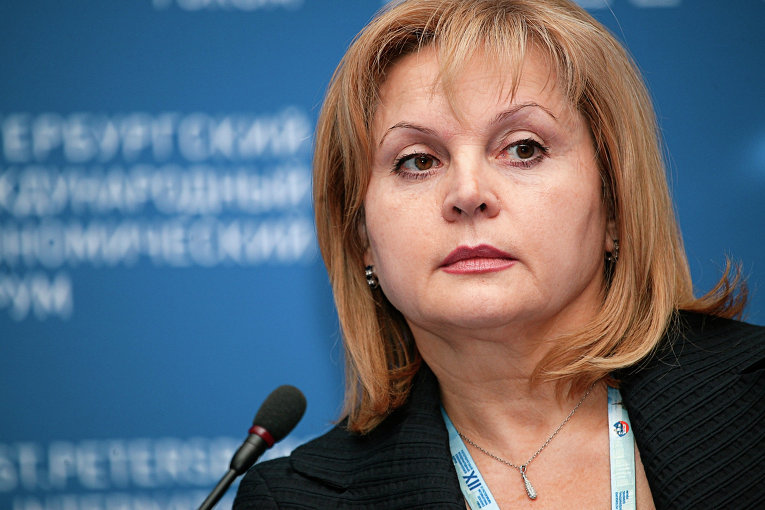MOSCOW, November 21 (RAPSI) – Ella Pamfilova, the Head of Russia’s Central Electoral Commission (CEC), has stated that no barriers will be introduced to hinder foreign press accreditation for covering activities at voting stations in Russia because of the law on “foreign agent” status with respect to media outlets, the website of Russia’s Presidential Council for Civil Society and Human Rights reads on Wednesday.
According to Pamfilova, at the moment she does not anticipate any accreditation problems foreign media wishing to cover the upcoming Presidential elections in Russia may encounter because of the law.
The CEC Head has excluded any barriers to the coverage of the elections on the part of media already accredited by the Russian Foreign Ministry and reminded that the Electoral Commission has its own accreditation mechanism.
On November 15, the lower house of Russia’s parliament adopted a bill which allows the state to recognize foreign media receiving financing from abroad as “foreign agents”.
Decisions regarding registration of media as “foreign agents” are to be made by the Ministry of Justice. The document is also to establish regulations such as what markers are going to be used for this kind of media or whether there is a need for a special registry in this case.
In November, the U.S. Ministry of Justice ordered Russia Today TV channel to register as a “foreign agent.” The channel implemented the requirement on November 10. Head of RT Margarita Simonyan said that it was a forced choice between registration and a criminal case. Russian President Vladimir Putin called this situation an attack on freedom of speech and members of the State Duma initiated preparation of symmetrical response measures.
The Russian law adopted in November 2012 requires that all NGOs engaged in political activity and receiving foreign funding register as “foreign agents”.
Under the amendments to the law, which were adopted this year, political activity is linked to such fields as state-building, securing Russia’s sovereignty and territorial integrity, enforcement of law, order and security, national defense, foreign policy, political system integrity, social and economic and national development of the country, regulation of rights and freedoms of man and citizen.
NGOs which are engaged in organization and holding of public events, including meetings, manifestations, demonstrations, discussions and performances would be deemed to be involved in political activity.
Moreover, those NGOs which are involved in work aimed at achieving certain results during elections or referendum, vote monitoring practices, establishment of election commissions or support of political parties would also be put on the list of those organizations which are engaged in political activity.



